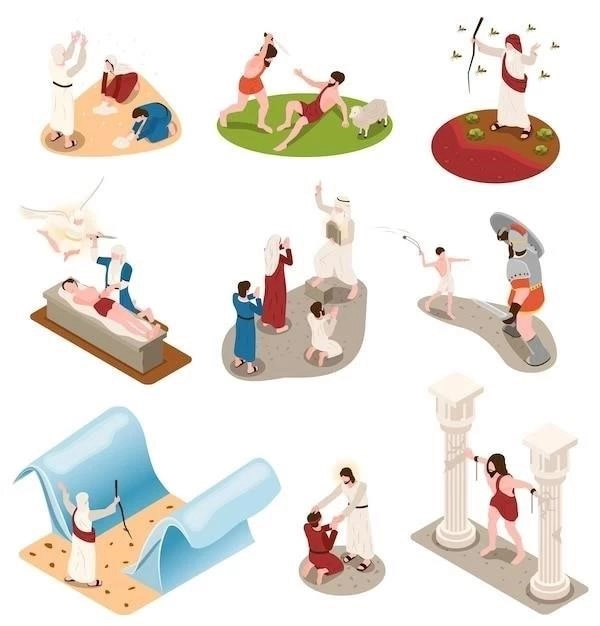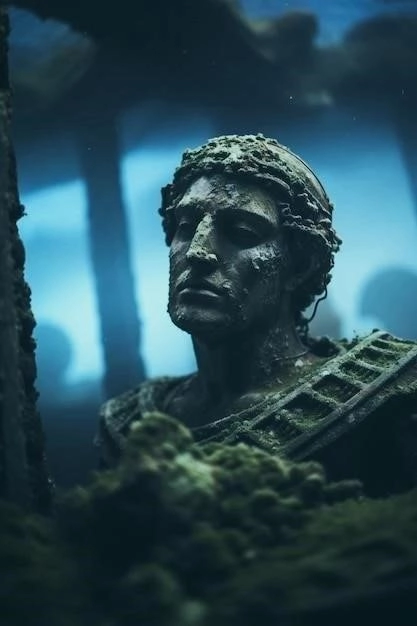Mythology, a rich tapestry of ancient tales passed down through generations, offers captivating stories that have resonated across cultures and time. These narratives, often infused with symbolism and deeper meanings, provide insights into the beliefs, values, and fears of ancient societies. Among the vast array of mythological stories, certain narratives stand out as particularly famous and enduring. Here, we delve into some of the most celebrated tales from diverse mythologies, exploring their enduring relevance and impact.
Ancient Greek Mythology: Stories of Gods, Heroes, and Monsters
Greek mythology, with its pantheon of powerful gods, heroic figures, and fearsome creatures, has captivated imaginations for centuries. Some of the most famous Greek myths include:
- The Odyssey: This epic poem by Homer tells the tale of Odysseus, the king of Ithaca, and his perilous journey home after the Trojan War. Odysseus faces numerous challenges, including encounters with mythical creatures, seductive sirens, and the wrath of the gods. The Odyssey explores themes of resilience, cunning, and the importance of home.
- The Iliad: Another epic poem by Homer, The Iliad focuses on the Trojan War, specifically the conflict between the Greek hero Achilles and the Trojan prince Hector. The story delves into themes of honor, rage, and the devastating consequences of war.
- Perseus and Medusa: This myth recounts the story of Perseus, a hero who slays the monstrous Gorgon Medusa, whose gaze turns men to stone. Perseus’s quest for the head of Medusa is a tale of courage, resourcefulness, and the triumph of good over evil.
- The Labors of Heracles: Heracles, the son of Zeus, is renowned for his incredible strength and the twelve near-impossible tasks he undertakes. The Labors of Heracles, including the slaying of the Nemean Lion and the capture of the Ceryneian Hind, exemplify his heroism and the divine favor he receives.
- The Myth of Pandora’s Box: This story explores the consequences of curiosity and the introduction of evil into the world. Pandora, the first woman, is given a box by the gods, forbidden to open it. Unable to resist, she opens the box, unleashing all the ills of humanity. The myth serves as a cautionary tale about the dangers of unchecked curiosity and the inevitability of suffering.

Norse Mythology: Tales of Vikings, Gods, and Giants
Norse mythology, rooted in the culture of the Vikings, features a pantheon of gods known as the Aesir and Vanir, who inhabit the realms of Asgard and Vanaheim. The Norse myths are filled with powerful deities, epic battles, and a sense of fatalism. Here are some of the most famous Norse tales:
- Ragnarok: This apocalyptic event, prophesied in Norse mythology, marks the end of the world and the battle between the gods and giants. The god Odin will be consumed by Fenrir, the wolf, and the world will be destroyed by fire. However, a new world will rise from the ashes, bringing with it a new era. The myth of Ragnarok highlights the cyclical nature of time and the inevitability of both destruction and rebirth.
- Thor and Jormungandr: Thor, the god of thunder and lightning, is one of the most powerful Norse gods. He is destined to fight Jormungandr, the Midgard Serpent, in Ragnarok. The battle will be epic and fraught with danger, but Thor will ultimately succeed in killing the serpent, only to succumb to the venom himself. The myth of Thor and Jormungandr embodies the themes of courage, sacrifice, and the inevitable clash between good and evil.
- The Creation of the World: In Norse mythology, the world was created from the body of the frost giant Ymir. The god Odin, along with his brothers Vili and Ve, slew Ymir and used his body to create the world. The myth of creation highlights the duality of creation and destruction, order and chaos, in the Norse worldview.
Egyptian Mythology: Tales of Gods, Pharaohs, and the Afterlife
Egyptian mythology, deeply intertwined with religious beliefs and practices, is rich in stories about gods, goddesses, pharaohs, and the afterlife. Some of the most famous Egyptian myths include:
- The Myth of Osiris: Osiris, the god of the underworld and the afterlife, was murdered by his brother Set. His wife, Isis, resurrected him and conceived their son, Horus. Horus eventually avenged his father by defeating Set. The myth of Osiris explores themes of death, resurrection, and the cycle of life. It also reinforces the belief in the importance of justice and the triumph of good over evil.
- The Myth of Ra: Ra, the sun god, is one of the most important deities in Egyptian mythology. He is often depicted as a falcon-headed god who sails across the sky in his solar barque, bringing light and warmth to the world. The myth of Ra illustrates the importance of the sun in Egyptian culture and its association with life, creation, and order.
- The Myth of Anubis: Anubis, the jackal-headed god, is the guide of the dead. He weighs the hearts of the deceased against the feather of Ma’at, the goddess of truth and justice. If the heart is lighter than the feather, the person is granted eternal life in the afterlife. If it is heavier, they are devoured by Ammit, the monster of the underworld. The myth of Anubis emphasizes the importance of morality and the consequences of one’s actions in the afterlife.

Conclusion: The Enduring Power of Mythology
The stories from these and other mythologies continue to fascinate and inspire us today. They offer a window into the beliefs, values, and fears of ancient societies, while also exploring universal themes of love, loss, courage, and the human condition. Mythology is a treasure trove of narratives that continue to resonate with audiences across time and cultures, offering timeless lessons about life, death, and the mysteries of the universe.










